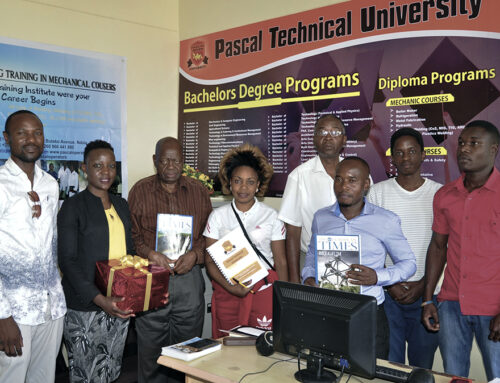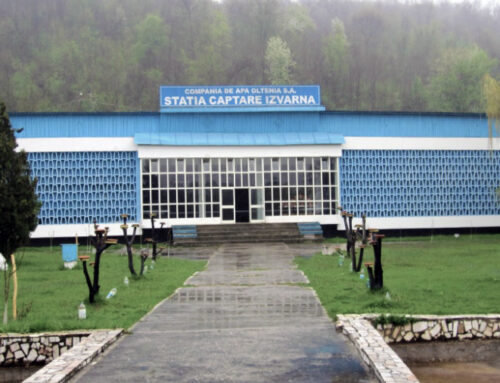
The National Institute for Research and Development in Microtechnologies – IMT-Bucharest is recognised nationally and throughout Europe for its scientific research and applications of micro- and nanotechnologies. IMT-Bucharest has developed leading expertise in four of the six key enabling industrial technologies which drive innovation in all economic sectors: micro-nanoelectronics, photonics, nanotechnology and advanced materials.
IMT-Bucharest was the first institute in Eastern Europe active in the field of microtechnologies. The institute was founded in 1993 by Professor Dan Dascalu, CEO and President of the Board until 2011. In 1996 it merged with the ICCE (Research Institute for Electronic Components). IMT-Bucharest has been headed by Dr. Raluca Müller since 2011.Working under the supervision of the Ministry of National Education and Scientific Research, IMT-Bucharest obtains 70% of its public and private funding competitively and has completed projects in ICT, nanotechnologies, healthcare, the environment, space and security.
The institute is organised into four scientific centres of excellence (including 10 R&D laboratories) and a technological department. The centres are MIMOMEMS (European Research Centre of Excellence in Micro- and Nano Systems for Radiofrequency and Photonics); CNT-IMT (Centre of Nanotechnologies – under the Agies of The Romanian Academy); CINTECH (Research Centre for Integration of Technologies/Micro-Nano-Biotechnologies); and CENASIC (Research Centre for Nanotechnologies and Carbon-Based Nanomaterials).
IMT-Bucharest’s research focus is consistent with national and EU priorities in micro- and nanoelectronic devices; photonics, biomedical and micro-nano devices; MEMS (Micro-Electro-Mechanical Systems, including RF MEMS, MOEMS and BioMEMS); microfluidics; actuators; nanotechnologies; and advanced materials. IMT-Bucharest plays a key role in addressing the challenges targeted in Romania’s 2014-2020 national strategy and the EU H2020 programme.
Innovative R&D with significant industrial applications

The institute’s R&D efforts lead to increased functionality, miniaturisation, improved performance, novel solutions and a reduction in the costs of microelectronics components/devices, sensors, actuators, and microsystems. These innovations in turn pave the way to hardware and smart systems which drive connectivity in industrial Internet applications.
For many years, IMT-Bucharest has demonstrated industry-leading expertise in ICT and NMP (nanotechnologies, materials and production technologies) and has been awarded EU funding as well as the chance to participate in many European projects in these fields, including 12 FP7 projects, five ENIAC projects, two H2020 projects (one an ECSEL initiative) and the MNT-ERANET project. IMT-Bucharest is rated number four among 50 research organisations in the amount of funding awarded from 2007 to 2012 and is ranked one of the most active ICT R&D contributors to FP7 research projects, according to the EU Digital Agenda 2013.
In November 2015, IMT-Bucharest inaugurated its new Research Centre for Integrated Systems, Nanotechnologies and Carbon-Based Nanomaterials (CENASIC). The centre will leverage the institute’s competencies in nanotechnology, advanced materials and carbon-based integrated systems and will spearhead new research in these fields. The project includes a new building, eight new experimental laboratories, and a new 200 m2 clean room, class 1000 and 100, equipped with state-of-art equipments for processing, characterisation, reliability and simulations.
The new facility ensures optimal integration with the institute’s existing infrastructure, including IMT-MINAFAB, and benefits from the expertise of highly-skilled, multidisciplinary researchers. CENASIC is expected to develop innovative solutions with significant scientific and industrial impact.
IMT- Bucharest
126A Erou Iancu Nicolae Street; 077190 Voluntari, Bucharest
Tel.: +40 21 269 0777
[email protected]
[email protected]
www.imt.ro





